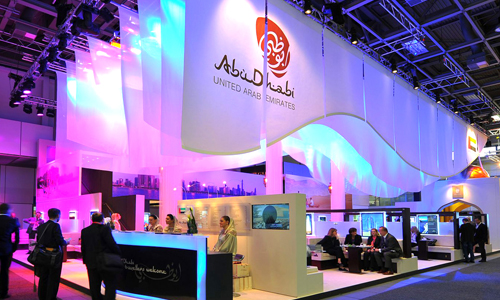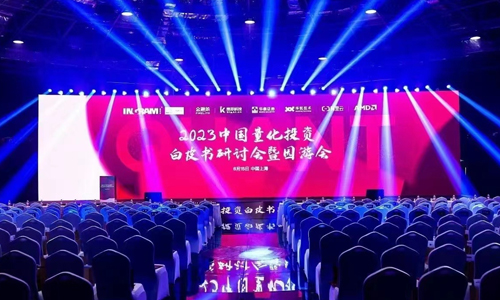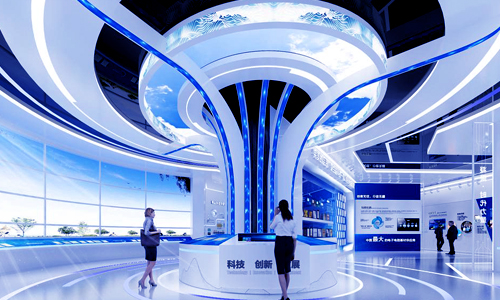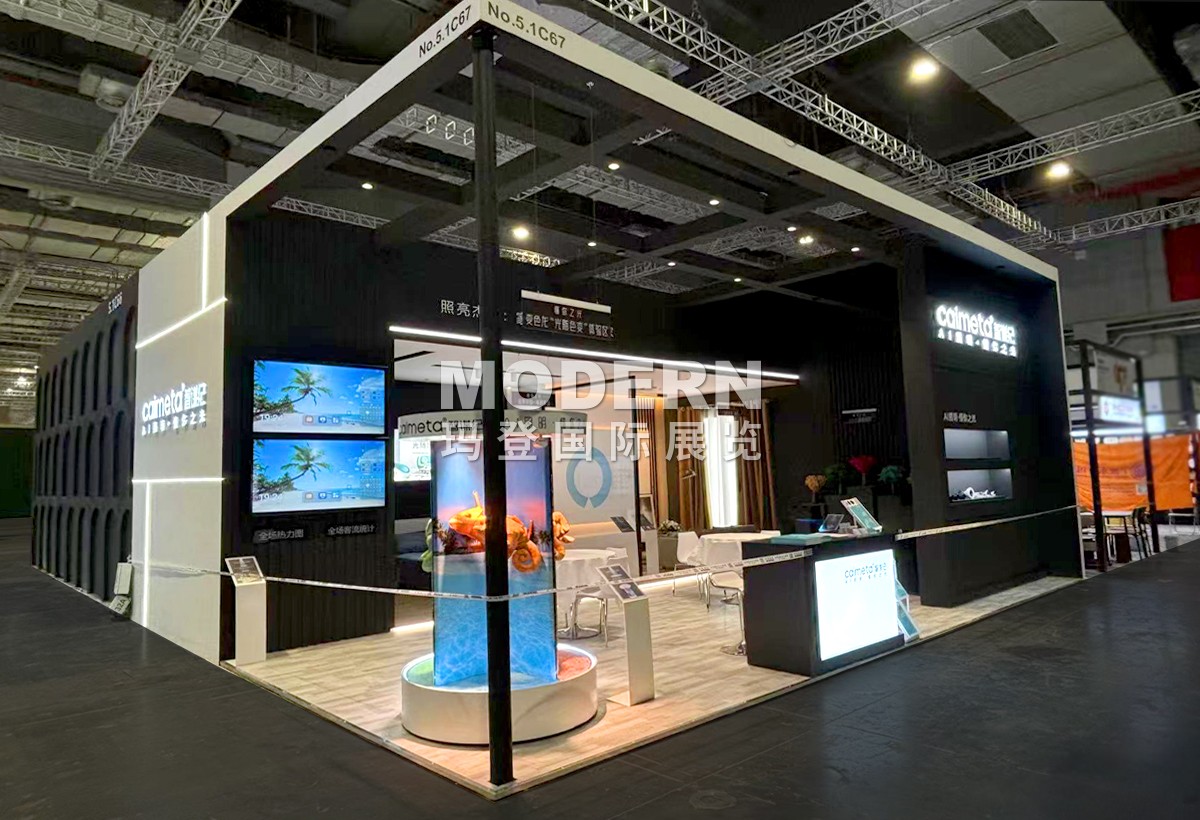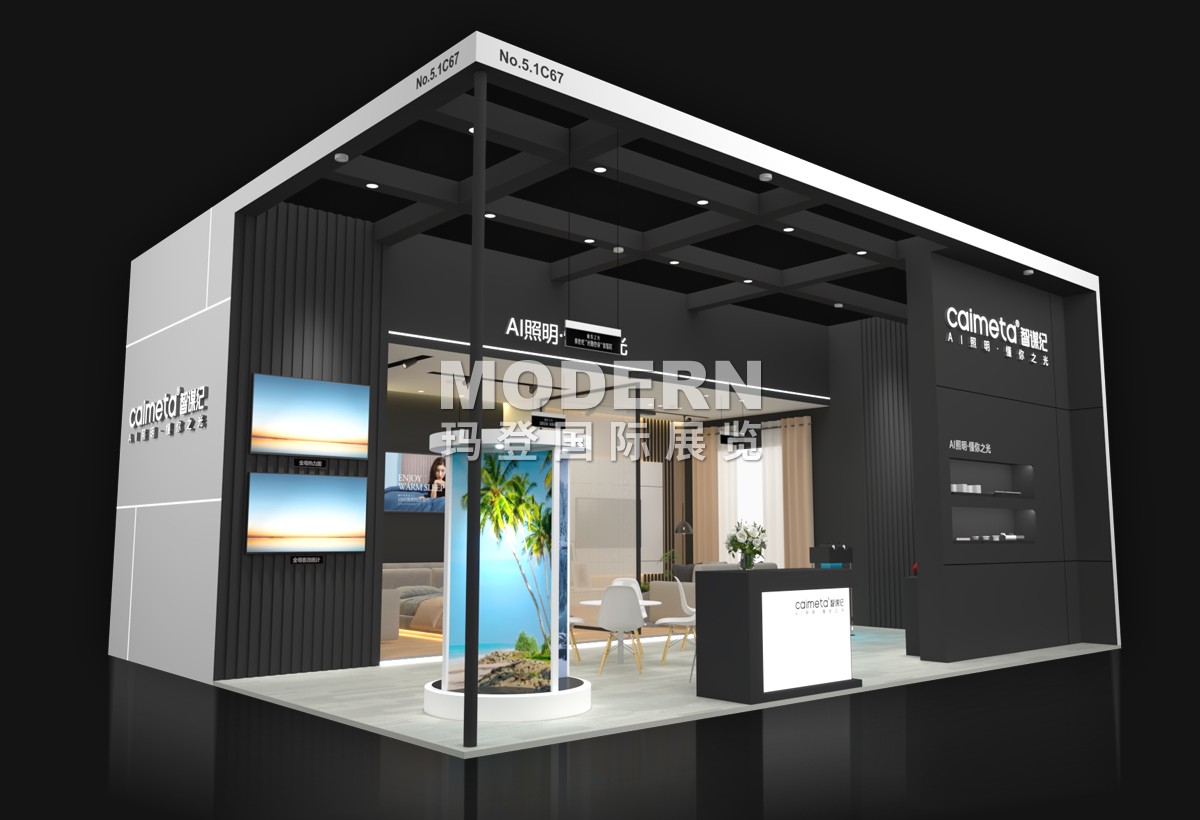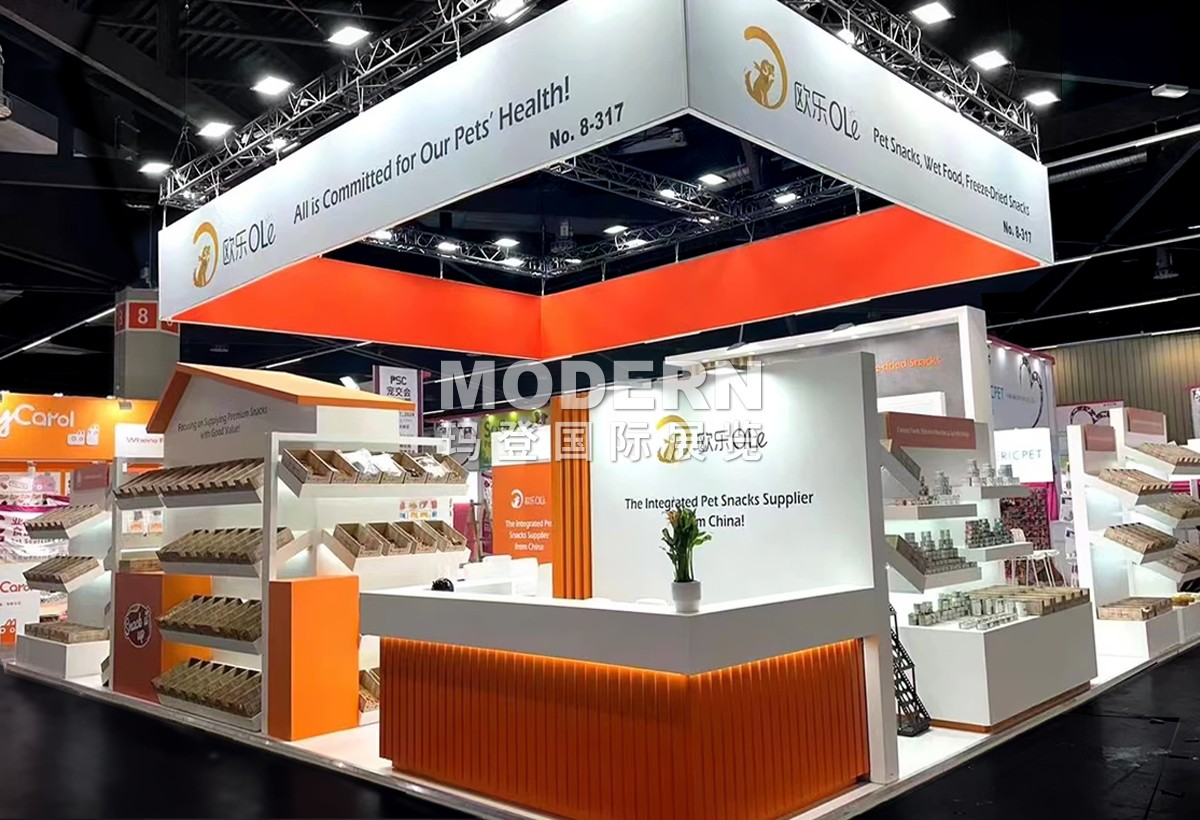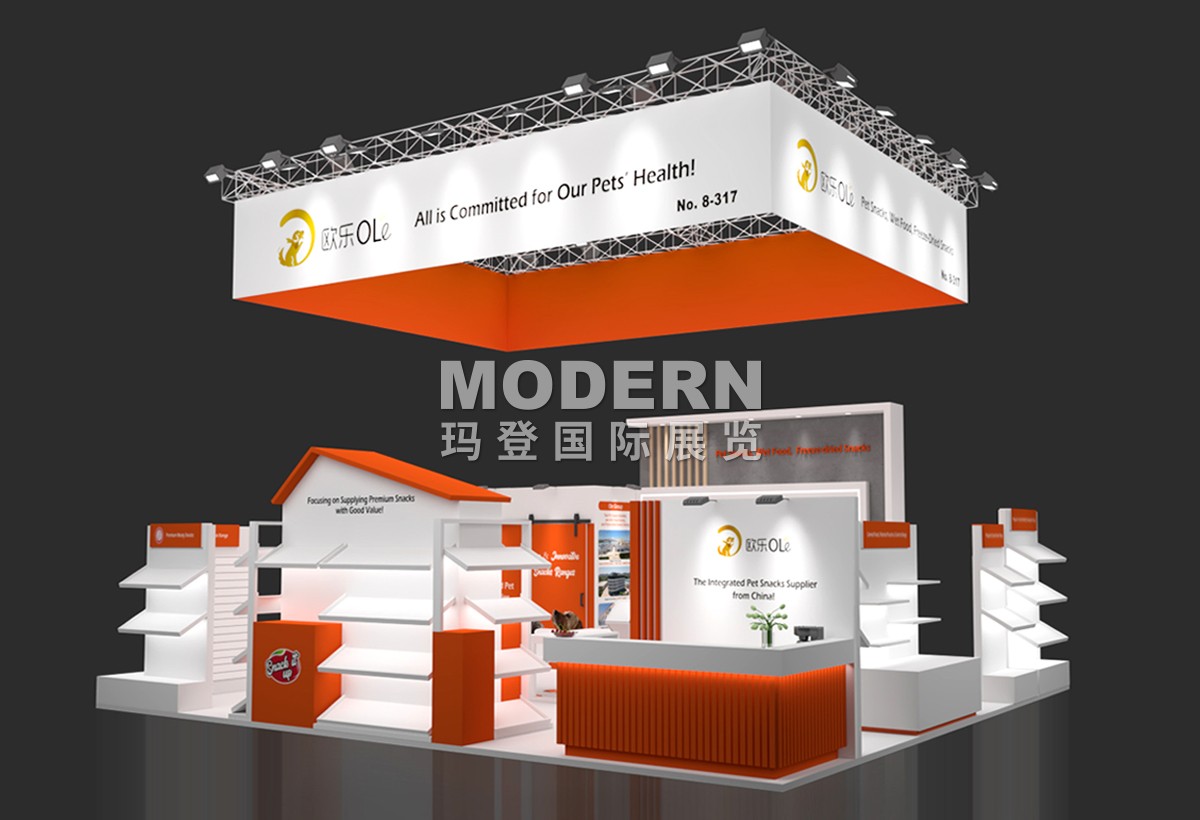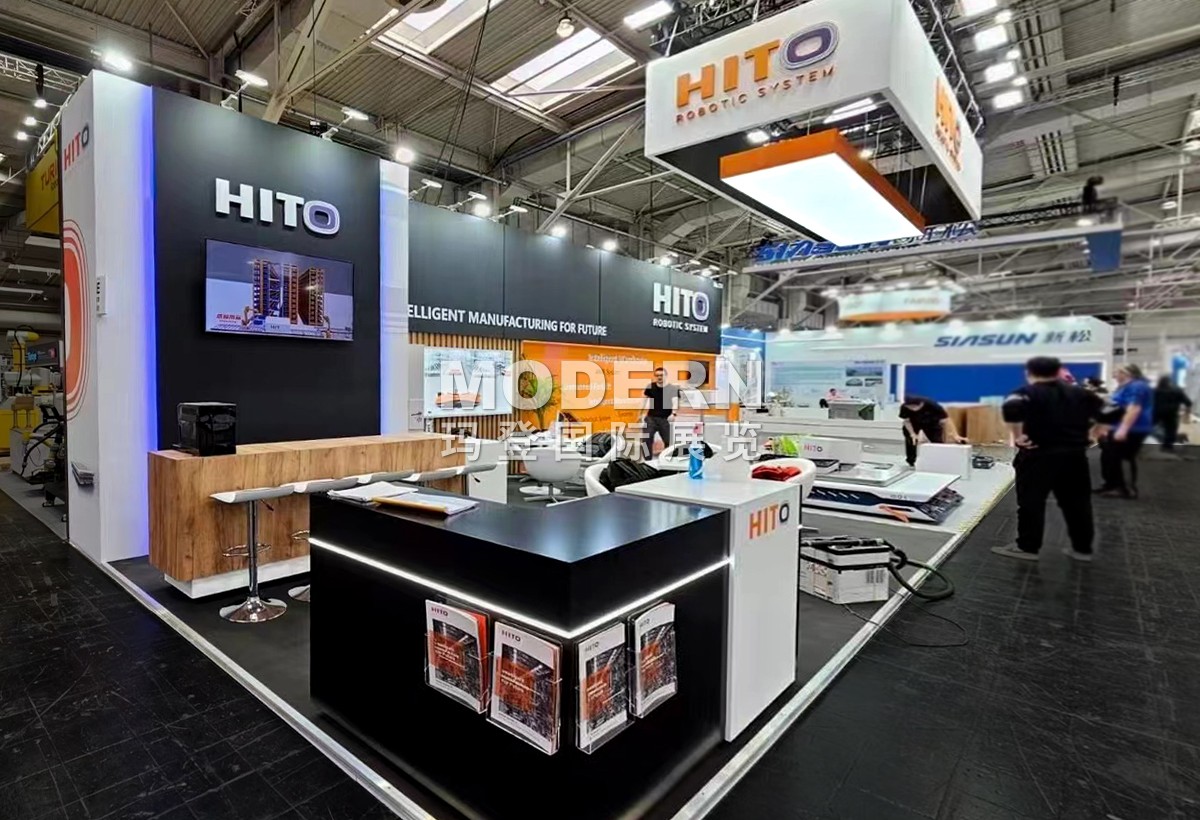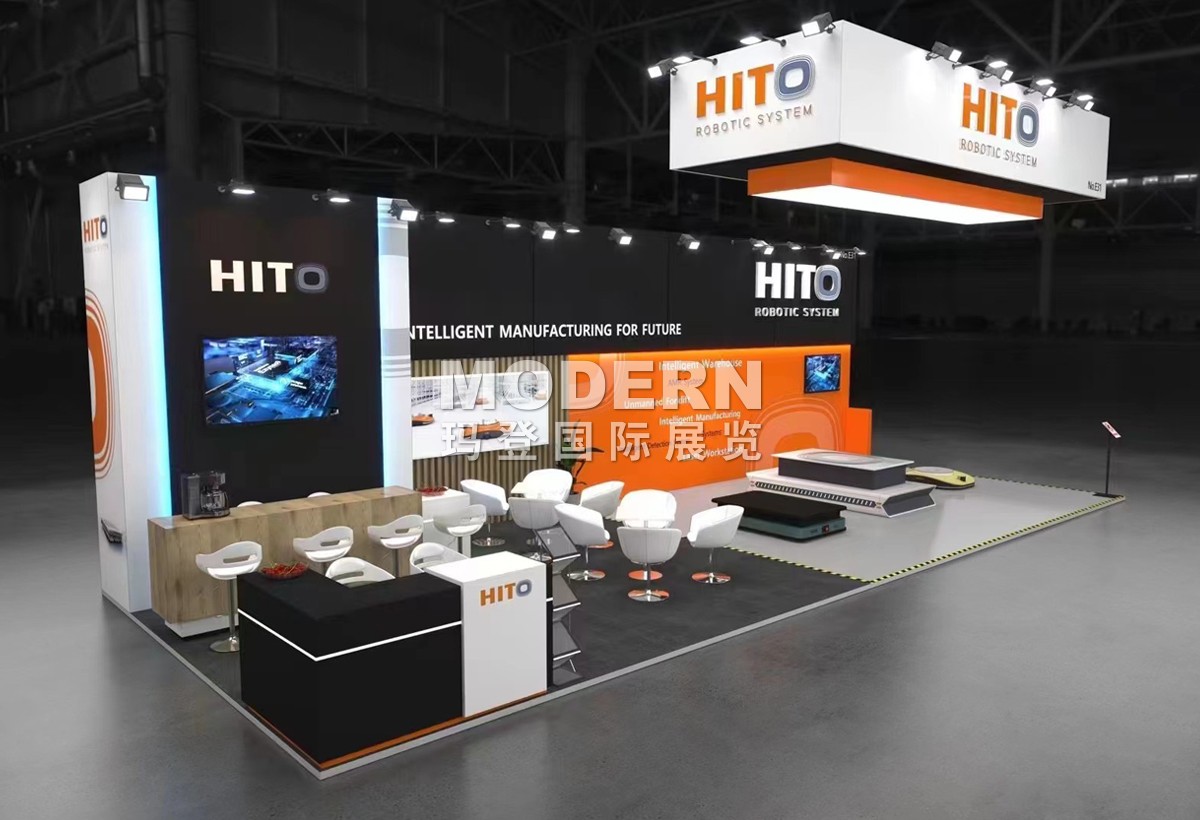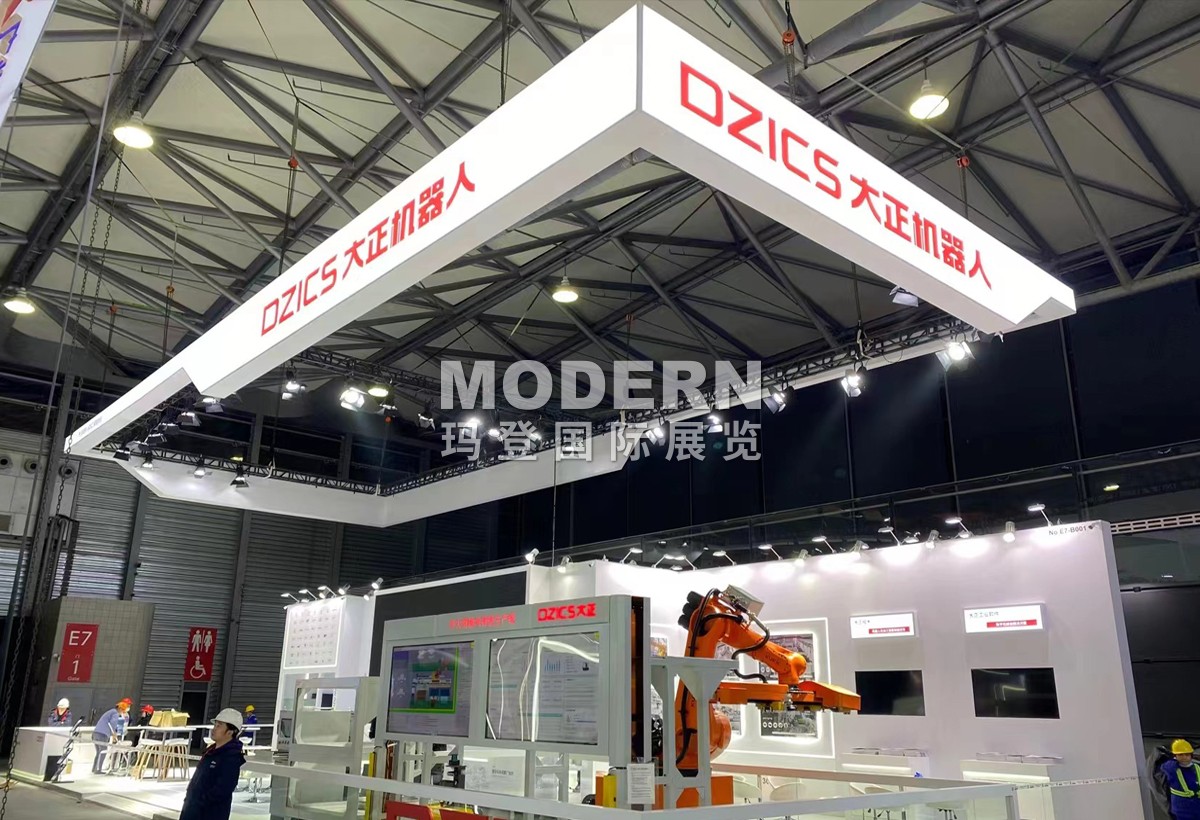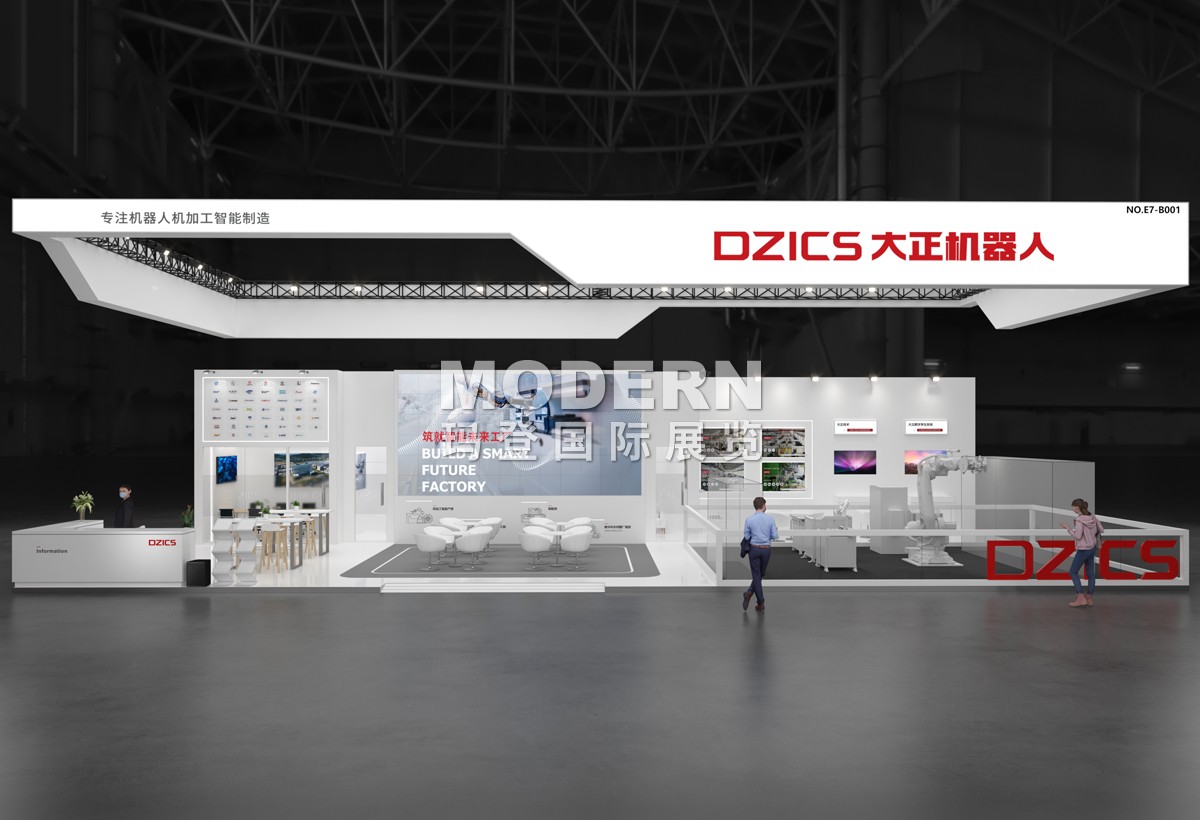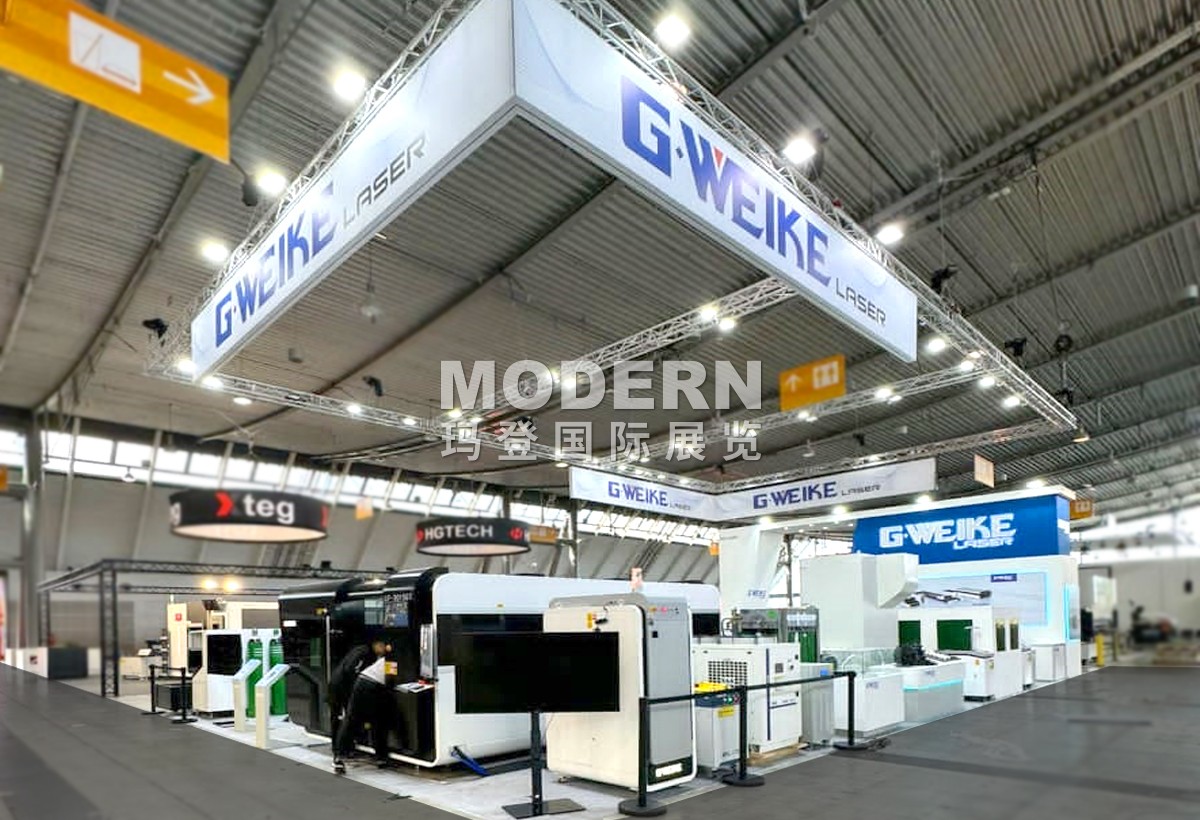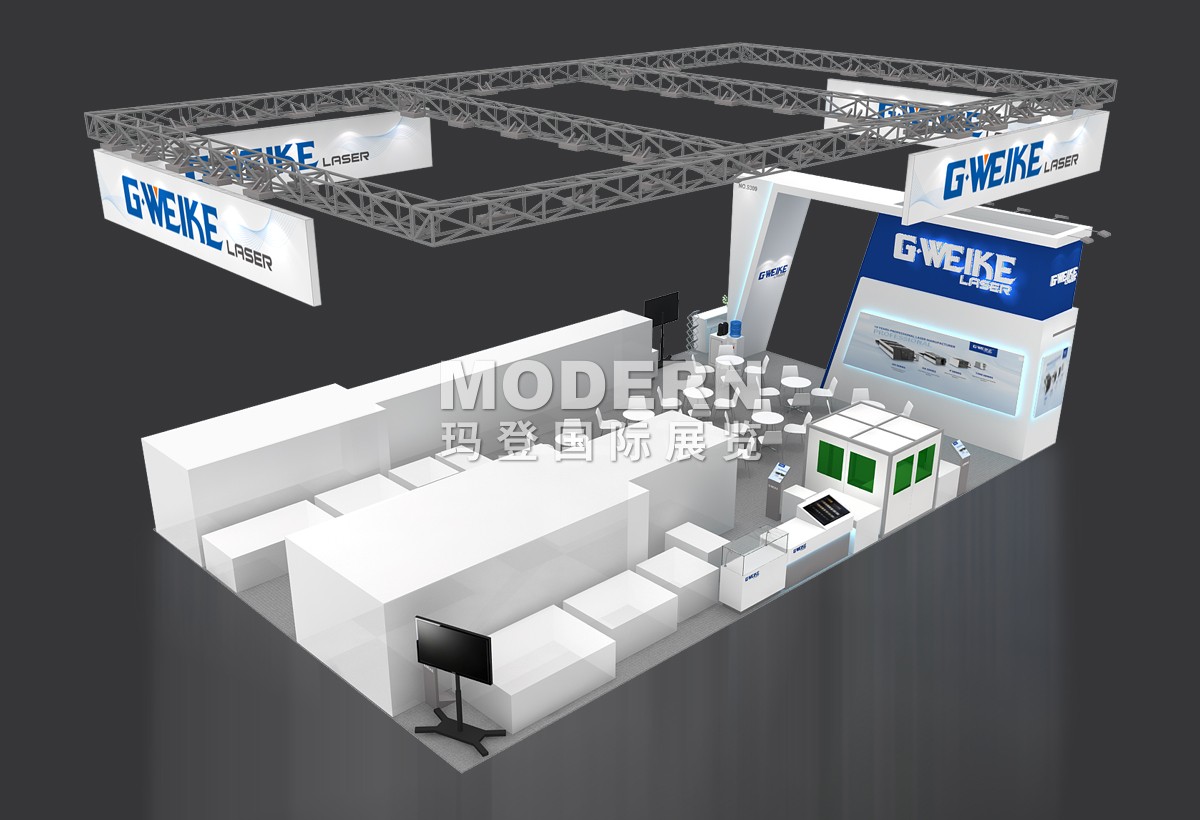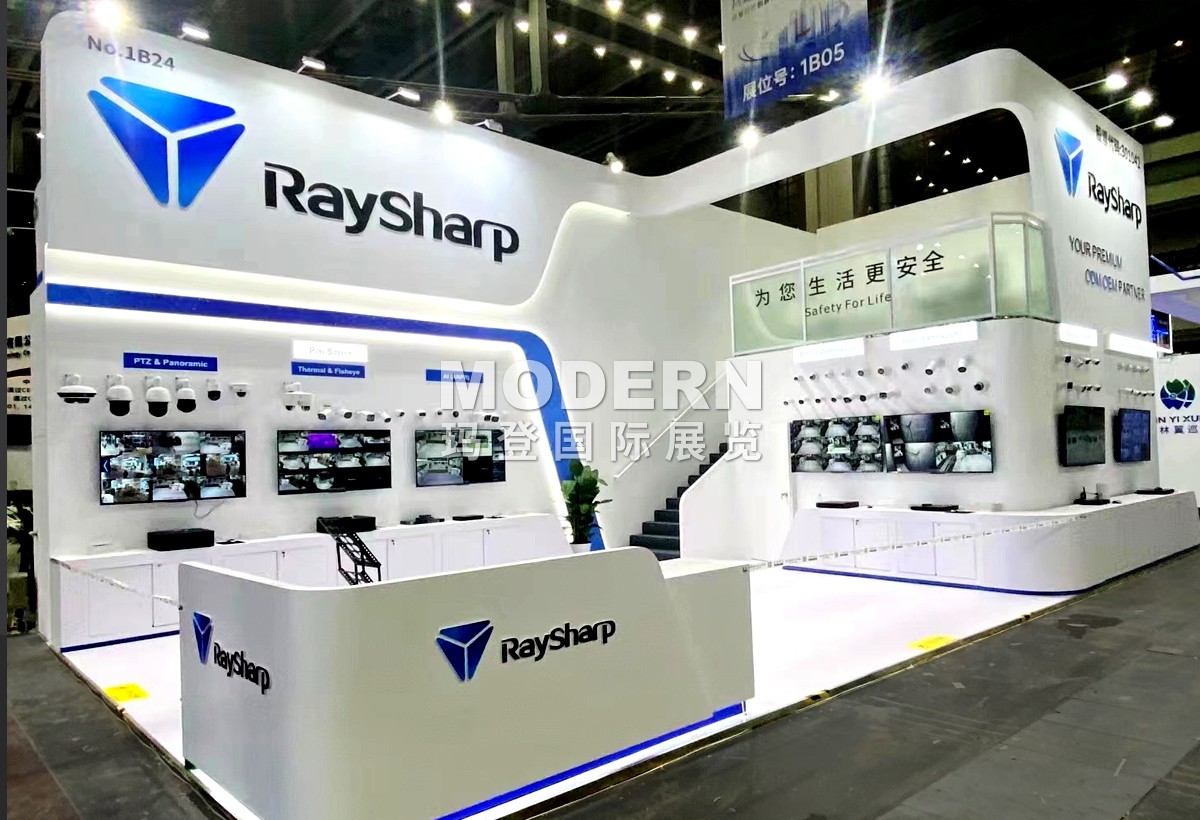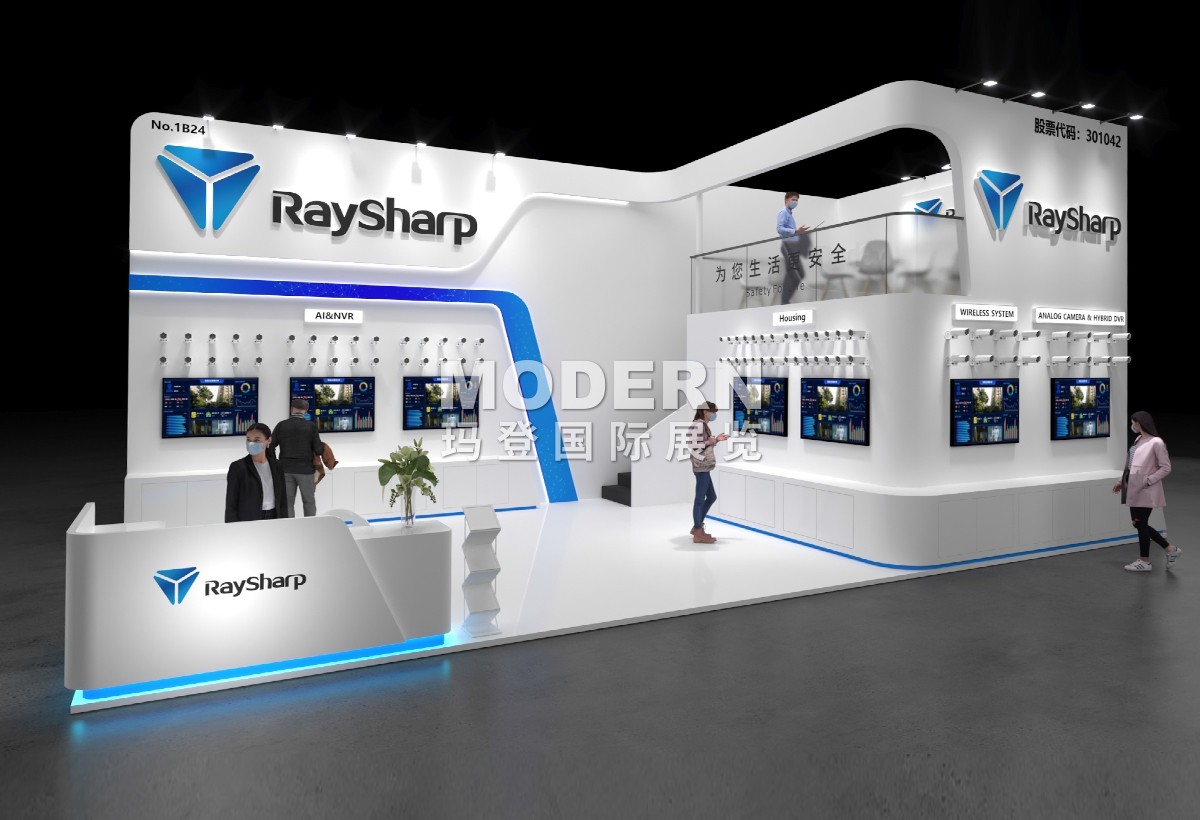How to generate expected economic benefits from exhibitions
Faced with a flood of exhibition invitations, companies have doubts about whether to participate in exhibitions, what benefits can participation bring, how to fully utilize exhibitions to spread their information, and how to compete with strong competitors on the same stage. This involves how to truly make exhibitions work.
There is good planning
There are generally two completely different views and practices among enterprises regarding exhibition marketing planning: some enterprises, including some well-known large domestic enterprises, still cannot escape from extensive marketing management, often hastily respond, lack targeted exhibition marketing work, organizational planning is still in the imitation stage, and lack in-depth research and innovation in their own brand's unique style, unique sales proposition, and other aspects.
Another type of enterprise has developed a rigorous or even strict exhibition marketing plan to guide its work even earlier before participating in the exhibition. However, in most cases, the original planned work is disconnected from the actual situation, consumer demand, and social trends of the exhibition, resulting in a significant discount on the effectiveness of the exhibition. The reasons why exhibition marketing has not played its due role mainly focus on the following aspects:
Firstly, there is a lack of scientific and effective marketing work planning. Faced with a multitude of exhibitions, I failed to choose the exhibition that matched the company's marketing plan in a timely and appropriate manner, and blindly participated.
Secondly, there is a lack of strategic planning, and the work of exhibition marketing is only treated as a transactional task, participating only for the sake of exhibiting. What is the ultimate goal of exhibiting? Who should I spread what information to at the exhibition? How to attract the target audience? How to make communication win over opponents? These issues have not been thoroughly considered.
Thirdly, in the process of organizing and planning exhibitions, there is a lack of good communication between the internal decision-making management and the execution team, as well as between the enterprise and outsourcing units, resulting in misunderstandings about the organizational methods and purposes of exhibition planning. For example, the products and brand culture that the enterprise wants to promote are disconnected from the style of booth construction and the way activities are organized.
**Overestimating the return on investment of the exhibition while formulating the budget resulted in a mismatch between the investment and output ratio of the exhibition. Recently, there has been a trend in domestic exhibitions where booth construction and event organization focus solely on size and luxury, while neglecting the performance and effectiveness of the exhibition activities themselves.
Exhibition promotion should be on the right track
On the other hand, companies that excel in exhibition marketing always have some commonalities: the first step is to analyze the company's advantageous resources (products, information, technology, services) or needs based on its development plan and marketing goals, and then select timely exhibition promotion strategies. From a planning perspective, consider how resources can be used to achieve unexpected success.
Secondly, the implementation and organization of the exhibition plan should be flexible, including consideration of future changes and competition, and necessary feedback and adjustment mechanisms.
**Exhibition organization and planning should have strict processes and division of responsibilities, with dedicated personnel responsible for projects, emphasizing internal coordination within the enterprise and coordination between the enterprise and external outsourcing units. I often hear some business owners complain that their original ideas were like this, but the booth and event plans provided by the outsourcing company were disconnected from the brand and products, and changing the plan became impossible due to time constraints, which makes business owners feel frustrated. Some companies have loose internal organization, resulting in the failure to collect the information that should have been collected at the exhibition and the inadequate promotion that should have been done.
Overall, exhibition marketing is a complex project that requires careful and targeted planning, innovative promotion models, scientific division of labor, and rigorous execution in order to truly make exhibition marketing effective.
相关新闻推荐
查看更多 >- 【Linheng Center】Plaza New Year's Day Shopping Mall Event 2022
- 【Las Vegas】CES 2022
- Longhua【Shenzhen】International Financial Expo 2022
- uCloudlink【Barcelona】 Exhibition MWC 2019
- deli Group【Frankfurt Exhibition】Paper World 2019
- BELLSING【Hannover Exhibition】EUHA 2018- Construction Process
- Esdlumen【Amsterdam Exhibition】IBC 2018- Construction Process
- Weiying【Chicago Exhibition】IMTS 2018- Construction Process
- TUNA【Jakarta Indonesia Exhibition】Construction Process
- Vanward【Jakarta Indonesia Exhibition】 2018 Indonesia International Consumer Electronics Exhibition - Construction Process
- Kstar【India Exhibition】 - Construction Process
- Kstar【Dubai Exhibition】 Gitex2018- Construction Process
- MODERN International Expo showcases German KHS at the 2015 International Beverage Industry Technology Exhibition
- Guidelines for Inspection of Imported Exhibition Items
- Regulations and precautions related to exhibition design
- How to generate expected economic benefits from exhibitions
- Carefully consider choosing an exhibition
- Characteristics of several commonly used panels in booth construction

Scan and add WeChat for immediate consultation
Learn more about exhibition information

